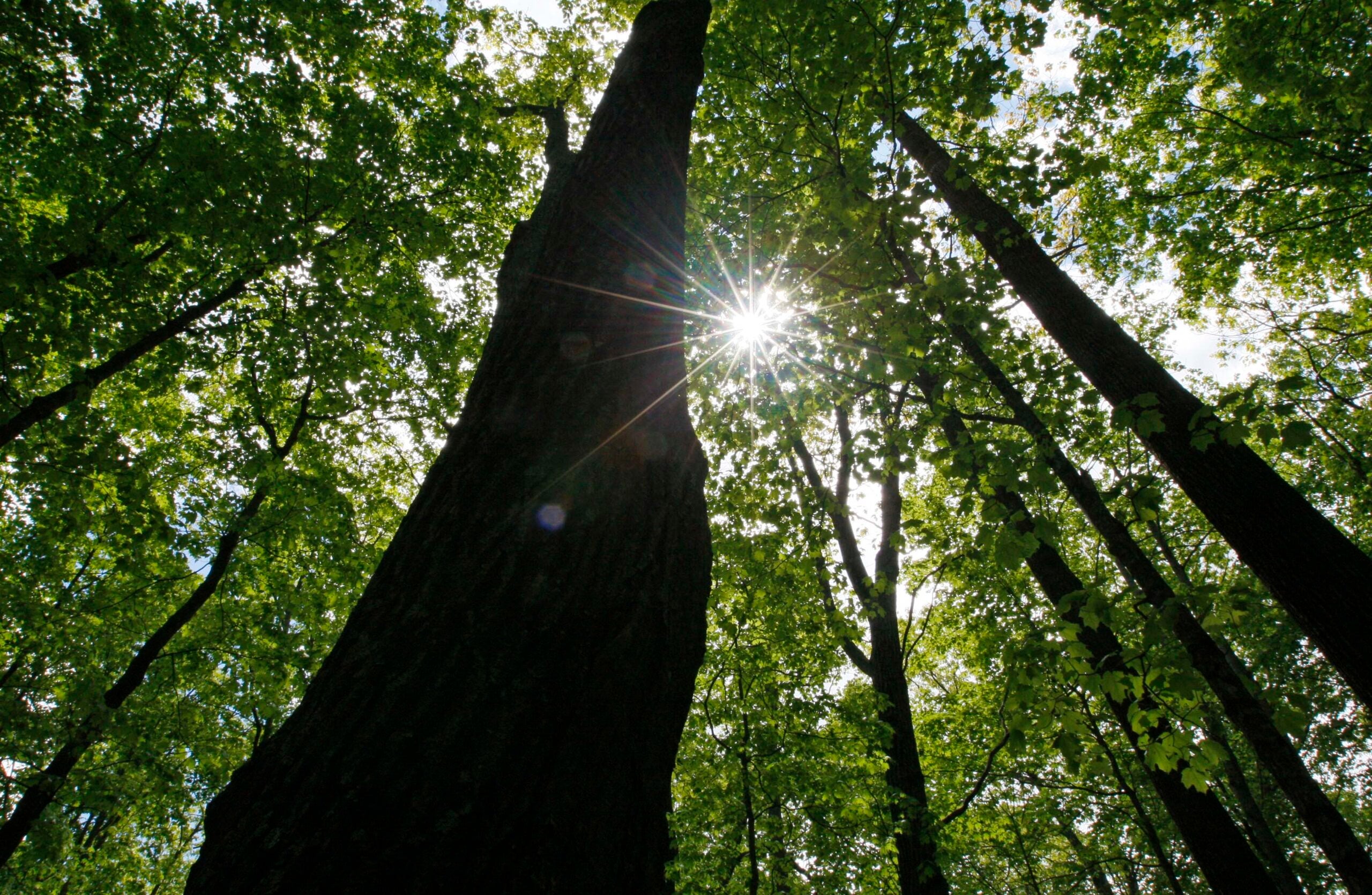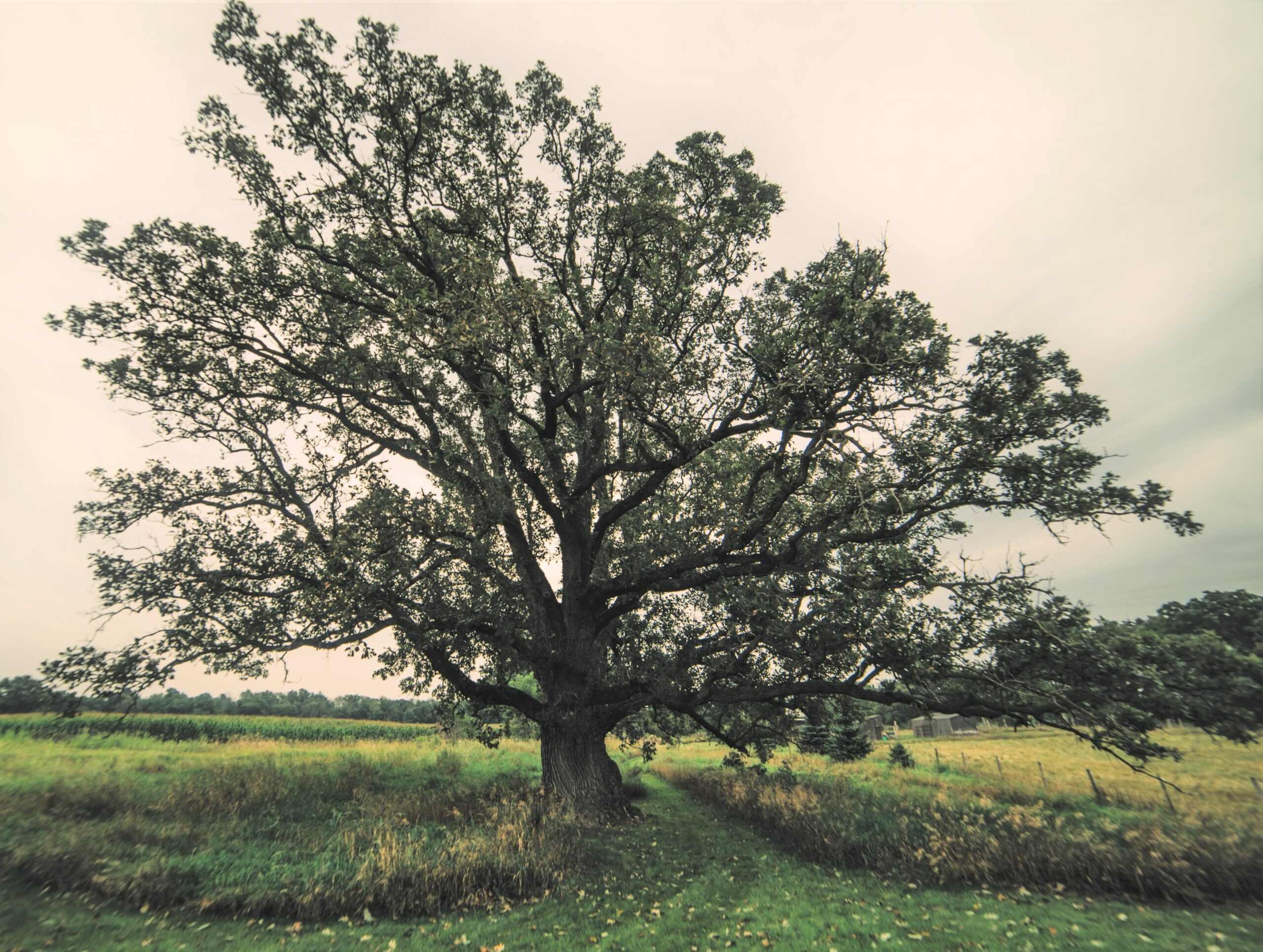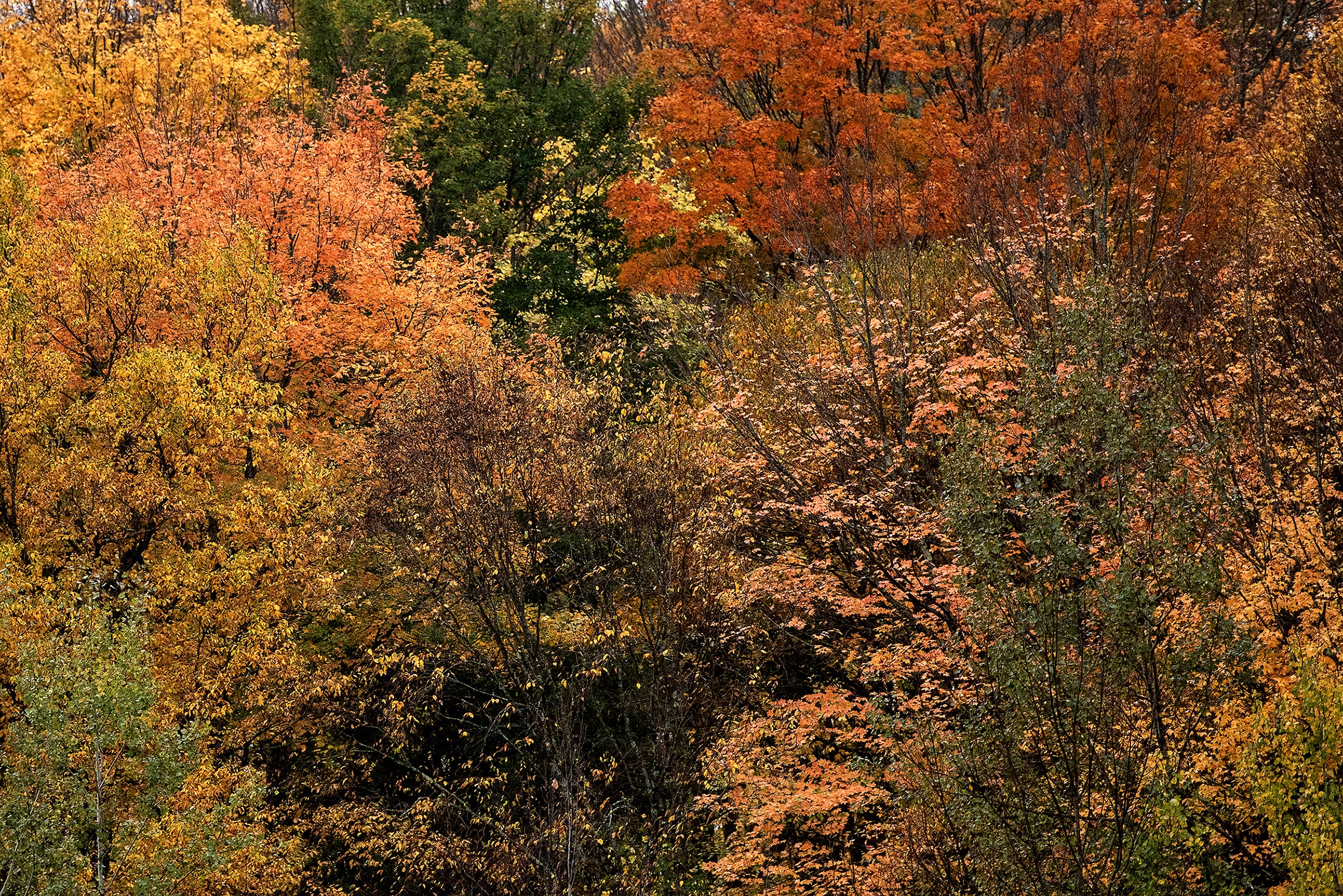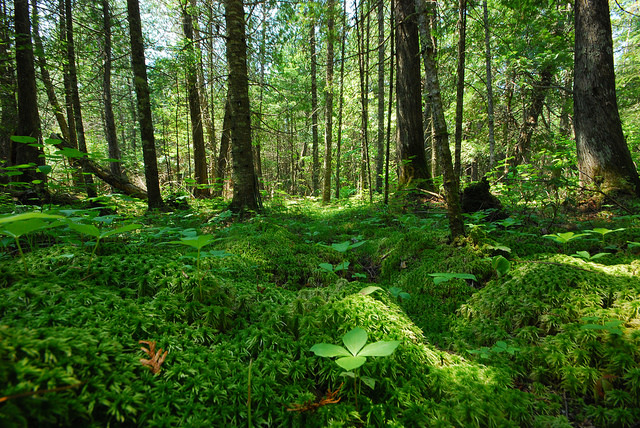A study by the U.S. Forest Service finds that close to half of the tree species in the urban forests on Lake Michigan’s southwest shores are at least somewhat vulnerable to negative effects from climate change.
Eight percent of the 179 species of trees in the region spanning parts of Michigan, Indiana, Illinois and Wisconsin have a high chance of being negatively affected, according to researchers.
The study included tree species in six Wisconsin counties: Racine, Kenosha, Jefferson, Milwaukee, Waukesha and Walworth.
Stay informed on the latest news
Sign up for WPR’s email newsletter.
Leslie Brandt, a climate change specialist and main author of the study, said the change in climate could lead to new tree species growing in the region but that doesn’t mean they will survive.
“Soils might not be quite right,” she said. “The microbes in the soil might not be quite right. And we still might have some really cold winters even though on average our winters are going to get milder.”
Brandt said when planting new trees, it’s important to maintain a diversity.
“If you see one species in your area that’s kind of over abundant,” she said, “try to think of maybe some other native species or nearly native species that might be a good alternative.”
Brandt said the loss of native trees could have an adverse effect on wildlife.
Wisconsin Public Radio, © Copyright 2024, Board of Regents of the University of Wisconsin System and Wisconsin Educational Communications Board.






